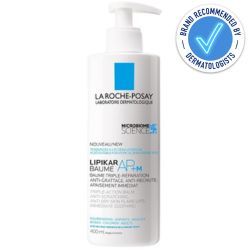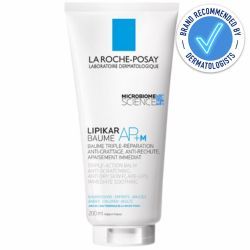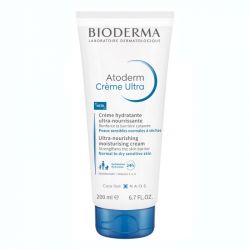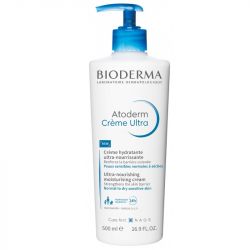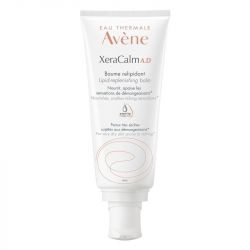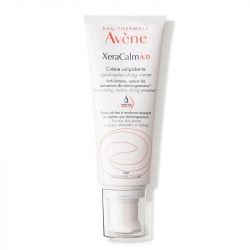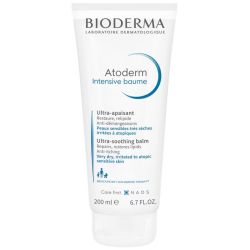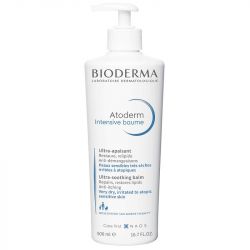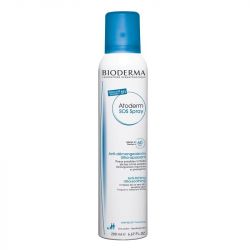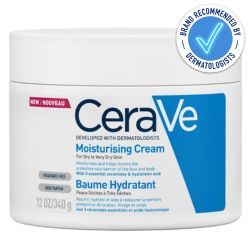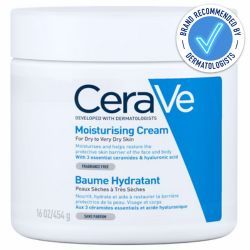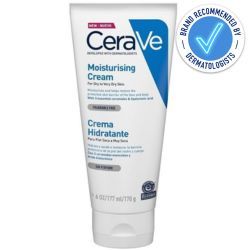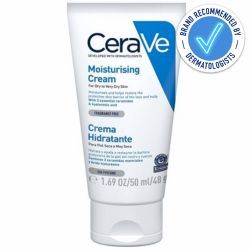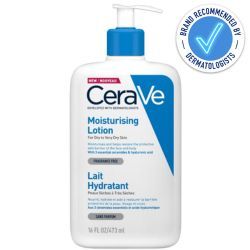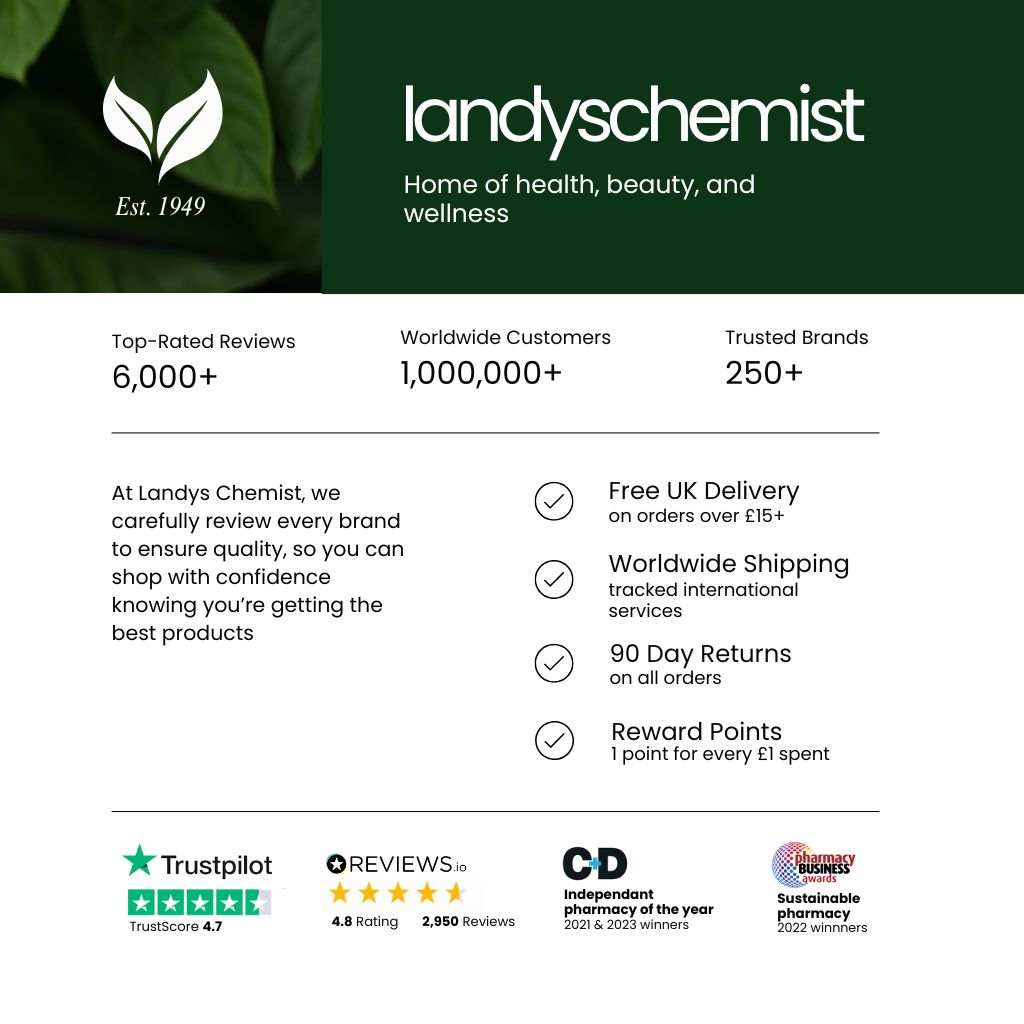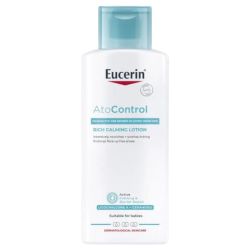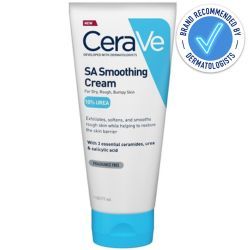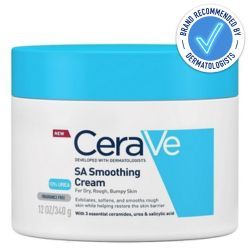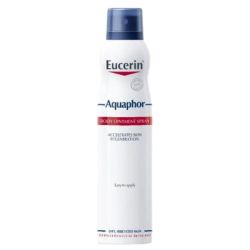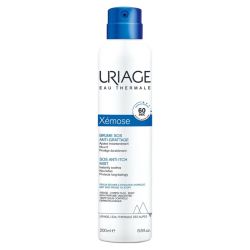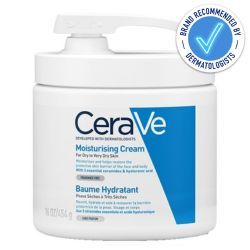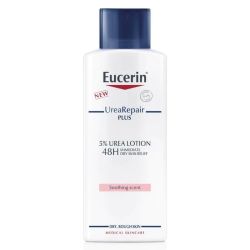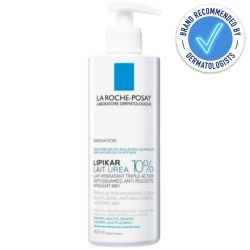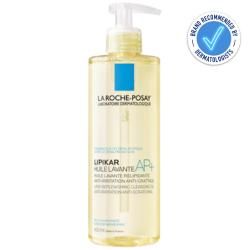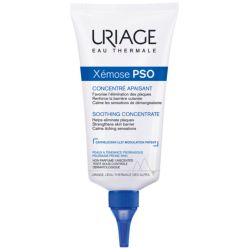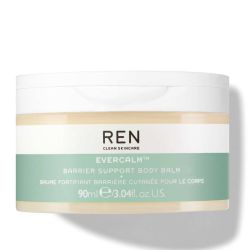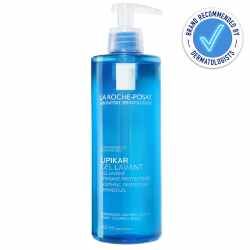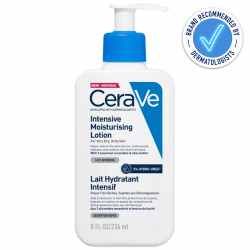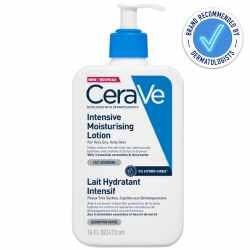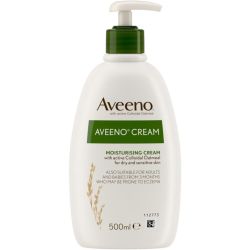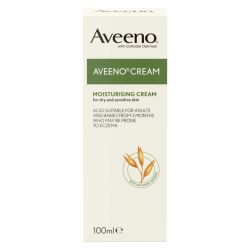Body Creams for Atopic Dermatitis & Eczema
Eczema and atopic dermatitis are chronic inflammatory skin conditions that cause irritation, redness, and itching. Taking care of the body through proper skincare helps maintain the skin's natural barrier, reducing flare-ups and irritation. Regular moisturising and using gentle products can improve skin hydration and prevent further damage, promoting overall skin health.
Shop from our range of skin-soothing body care products
Body Skincare Advice For Eczema Prone Skin
What Is The Difference Between Atopic Dermatitis And Eczema?
Atopic dermatitis and eczema are often used interchangeably. However, they are different. Both refer to skin conditions but atopic dermatitis is one of the causes of eczema. Atopic refers to a genetic tendency to develop allergic diseases. Eczema can have different causes, from stress and the weather to allergic reactions triggered by certain things, like soap or particular foods.
What Is The Best Over-The-Counter Cream For Eczema?
Eczema creams, lotions and sprays come in a range of varieties and which you choose will depend on where the flare up is on your body and how you wish to apply the treatment. For those with chronic eczema, sprays are recommended as they deal with the bacteria that causes eczema. Eczema moisturising creams are suggested for those with eczema in certain places as applying a cream to the surrounding area will help prevent the eczema spreading. In general, for more severe cases of dry and flakey skin, an eczema cream is better as it provides richer hydration. For sensitive areas, such as those around joints or around the face, look for moisturiser suitable for the face.
What Is The Best Treatment For Atopic Dermatitis?
The NHS recommends two treatments for atopic dermatitis: emollients and topical corticosteroids. Emollients are moisturisers, think: eczema lotions and moisturising creams. Corticosteroids are syrups, tablets or creams that contain steroids. Often, your GP will prescribe corticosteroids if they believe your atopic dermatitis needs steroids to heal, usually because of swelling and redness during a flare-up.
What supplements may help eczema?
Supplements like fish oil (omega-3s), probiotics, vitamin D, zinc, and vitamin E may help manage eczema by reducing inflammation and supporting skin health. Research on L-histidine suggests it may also help by regulating immune responses, find out more here: L-Histidine for Eczema
Explore our Dermatological Range for Eczema

